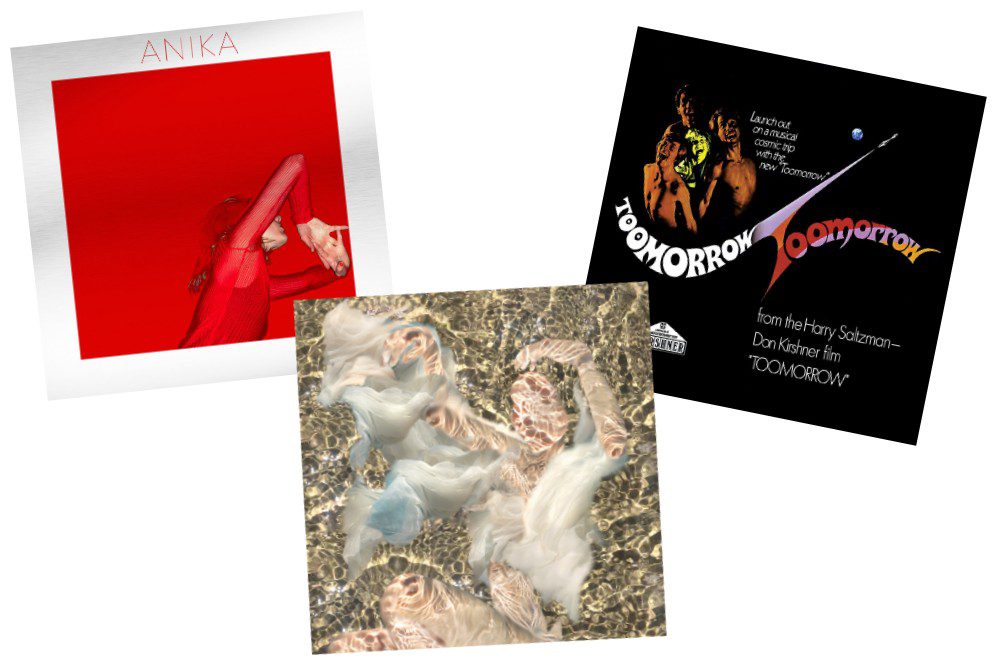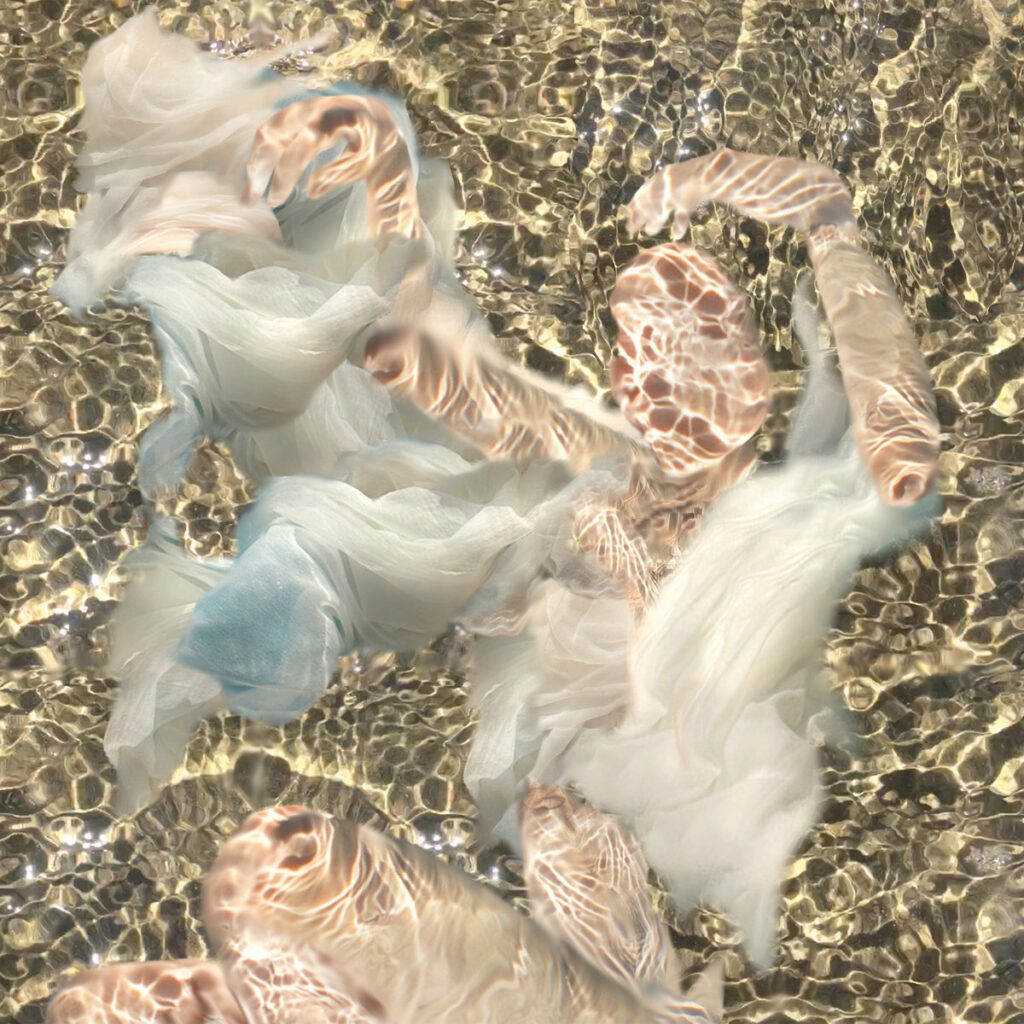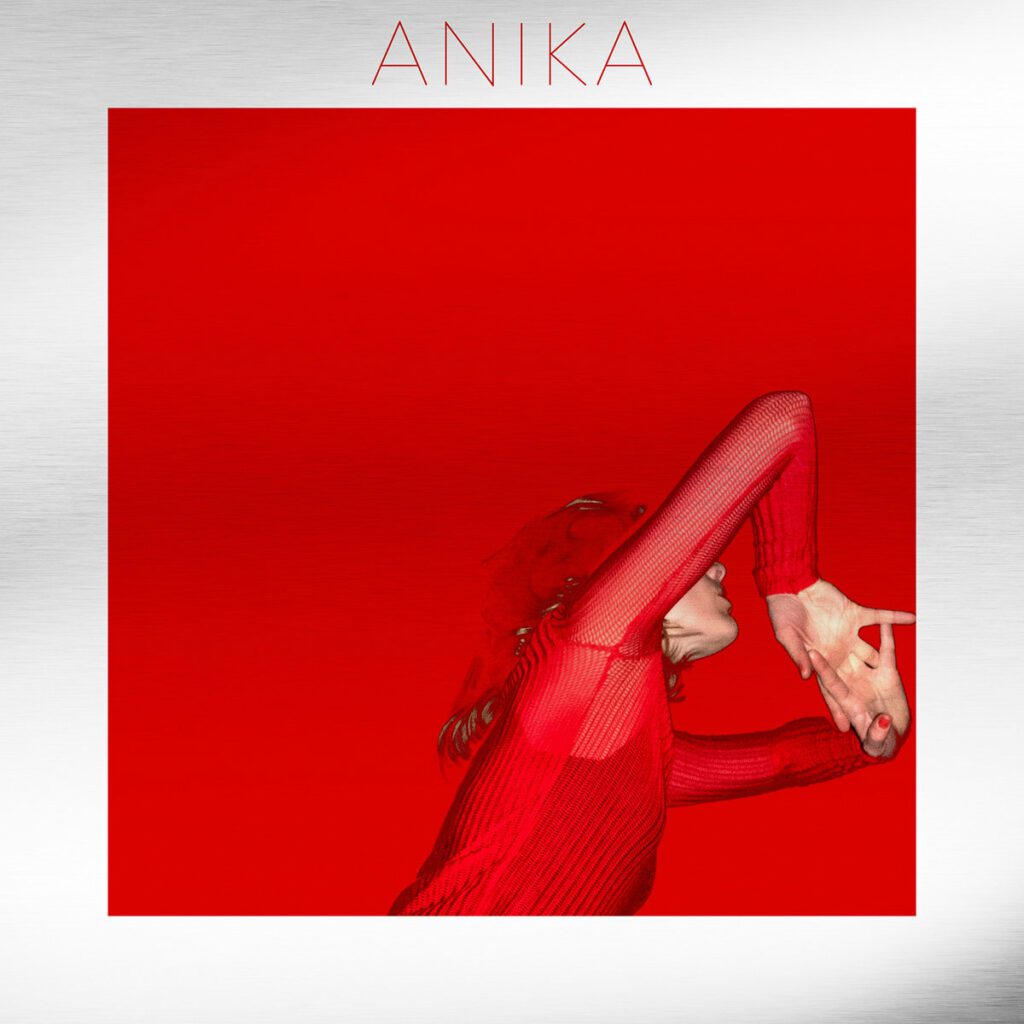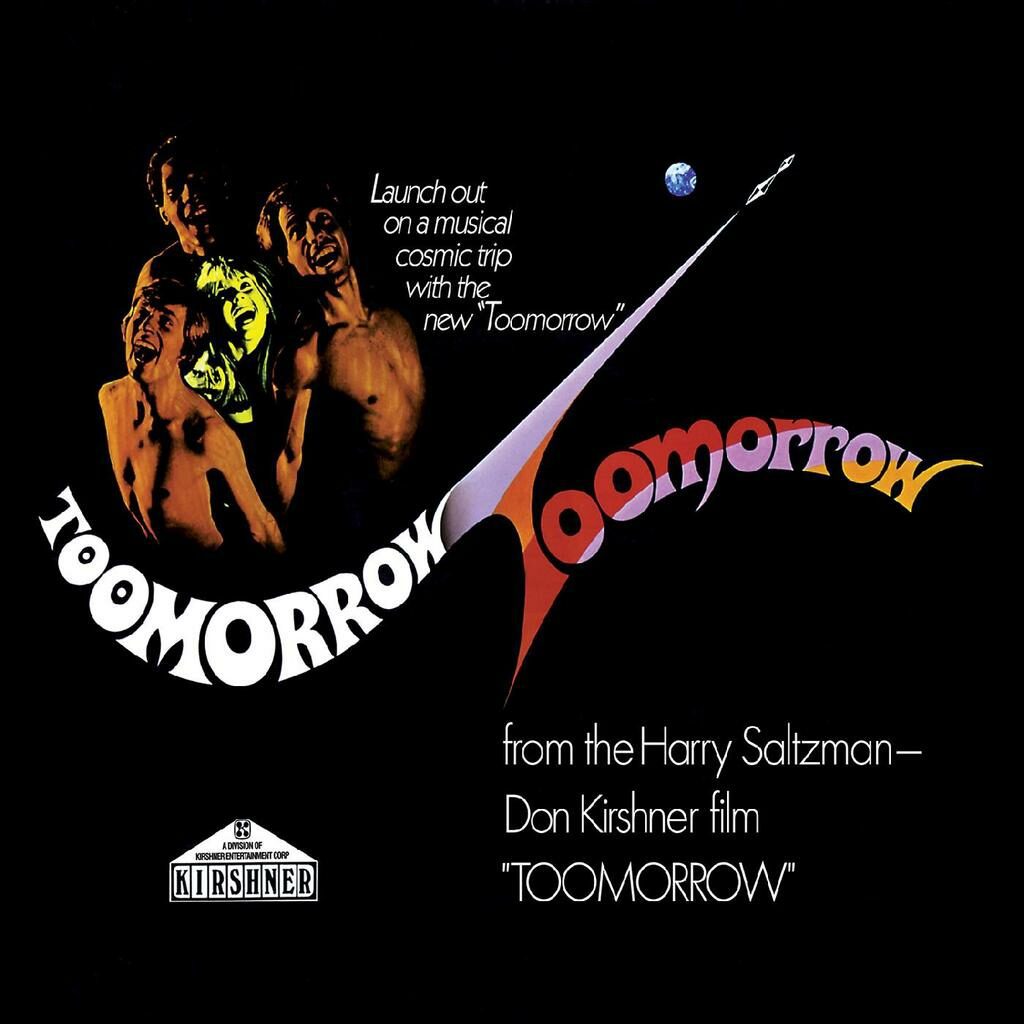

In Berlin, Annika Henderson, better known to listeners as Anika, was accustomed to seeing “these groups of gangster birds that try and eat your sandwich out of your hands.” Nature was different, though, when she temporarily moved from the city to the countryside to make her latest album, Change, released via Sacred Bones Records on July 23.
“The ones here are a little bit nicer and they don’t do that,” she says on a recent call from the small German town where she relocated in late 2019. Plus, there were a lot of birds. At least, that’s what Anika thought until her landlady mentioned that the population was decreasing. That conversation, plus Rachel Carson’s landmark 1962 book Silent Spring, informed the song “Never Coming Back.”
“There are things that are happening and we don’t really notice,” says Anika. “When it’s gradual, you don’t notice and then, suddenly, you wake up and look outside and there are no birds. Maybe now we can do something, but, by then, it’s too late and then it’s like the Dodo.”
In a deep, languid voice, Anika sings, “I saw the signs, I chose to ignore them/I saw all the warnings.” If it sounds like a love song, well, that’s by design. “It’s kind of written like a love song, but it’s about other things,” she says. “It’s never about one thing. It’s always about many things. The main thing is about birds.”
The tell-tale lyric comes when Anika sings, “I found your body on the windowsill/lying on the grassy floor.” She says, “Either I just murdered my boyfriend or whatever and he’s lying on my windowsill or it’s the birds or it’s a slight reference to the Shaggy song.”
Several years earlier, Anika, who is also known for her collaborations with British band >BEAK, as well as artists like Tricky and Dave Clarke, had considered quitting music. A friend had invited her to Mexico, but she couldn’t afford to travel there without a gig and she didn’t have a band. Anika found a group of musicians in Mexico and they gelled so well that the group evolved into Exploded View, who released albums in 2016 and 2018. “It’s always when you totally give up that something happens and you think, oh, it’s just why I’m alive,” Anika says.
Exploded View kept Anika busy enough to delay working on the follow-up to her 2010 self-titled release, so moving to the countryside seemed like the antidote to a busy life on the road. “I thought, great, I have a place so that I can chill out and it would be a contrast of extreme touring and then chilling out,” she says.
But her plans took a change of course after the COVID-19 pandemic struck early in 2020. “It wasn’t really just corona. Corona was a side note to what was going on in my personal life, where basically everything was so extreme in so many different ways,” says Anika. The situation, she says, was “complicated,” but Change kept her going.
“I think, just before corona, I was considering maybe I should quit,” she says. “This happens every so often and then some crazy thing happens where I have no choice but to continue.” But, Anika clarifies that “no choice” doesn’t mean anyone was forcing her to make the album. Rather, it’s “no choice in that it suddenly makes sense and it’s this massive liberation, or life jacket, and in this weird time.”
True to its title, the concept behind the Change morphed, too; Anika had been working with an entirely different idea for the album prior to the pandemic. “The script changed in so many ways, in terms of the actual lyrics, the music, the way I could record it, who I could work with and it just became something totally different,” she says. “But I’m really happy for the way it did turn out.”
For one thing, the situation prompted Anika to handle a lot of the album’s components herself. She was ultimately able to bring in friend and collaborator Martin Thulin, from Exploded View, as a co-producer for change Change. “He definitely wasn’t pitching any agenda,” she says of the collaboration. “He was there to help achieve what I wanted to and that was nice, but it was definitely a challenge to get him there.”
Change became a release for Anika. “The whole album is so much pent-up stuff,”she says. “ In the situation that I was in at the time, I wasn’t really able to say much or do much and it was a very difficult situation.”
On top of that were recent global events. “That added to things going on in the world, where it feels like you don’t have a voice. All this stuff is going on and how can I actually have an effect to stop this stuff from happening or how can I have a say?” Anika says. “There’s stuff going down and I want to speak up. Social media doesn’t really cut it when you want to have an opinion on something or actually make a change.”
Anika channels personal and universal sentiments into a collection of psychedelic synth songs that capture the global melancholy and frustration of 2020. “The songs were a way to get all of this out,” she says. “I have so much frustration and I hope it’s a vehicle for other people to have the same experience.”
Noting that she suspects others have the same feelings and are asking the same questions she is, Anika adds, “I think that’s why it’s important to keep doing music that’s from the heart.”
Follow Anika on Instagram for ongoing updates.





